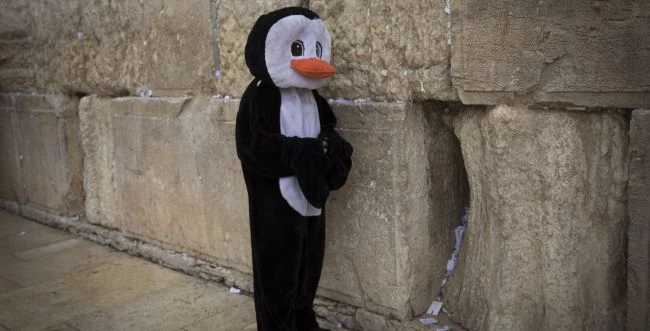When Does the Fast Begin? When Does It End? Taanit Esther 5785 (2025)
The fast of Ta’anit Esther prepares us for Purim. When does it start? When does it end? Rabbi Chananel Zaini summarizes the laws of the fast, who is obligated to fast, and what is added to the prayers.

When Does the Fast Begin? When Does It End?
Pregnant or nursing women (within two years of giving birth) are not obligated to fast if it is difficult for them. Nevertheless, they should not eat delicacies, only what is necessary.
A person who wishes to eat or drink before the fast begins (before dawn) must verbally state their intention to wake up at night to eat. If they forget to make this condition, they may not eat or drink.
Brushing teeth or rinsing the mouth is not permitted during the fast, nor is chewing gum.
The prohibition applies only to eating and drinking; bathing, anointing, wearing leather shoes, and marital relations are not forbidden during this fast (unlike Tisha B’Av and Yom Kippur). However, a person fasting should not indulge in luxuries (Rambam).
Prayers During the Fast
The prayer "Aneinu" is recited during the evening service (Arvit), even though the fast hasn’t yet begun. Ashkenazim, however, customarily do not say "Aneinu" at Arvit, and at Shacharit, the chazzan recites it only during the repetition of the Amidah.
If someone forgets to say "Aneinu" and finishes the blessing "Shome’a Tefillah," they do not go back, even if they haven’t started the next blessing. Instead, they should say it after the first "Yihiyu l’ratzon."
If the chazzan accidentally skips "Aneinu" and has already said "Baruch Atah Hashem" in the blessing "Refa’einu," they should recite "Aneinu" as an individual in "Shome’a Tefillah."
An individual cannot recite the Thirteen Attributes of Mercy, as they are a matter of sanctity requiring a minyan. Some say they can be recited as praise to God (not as supplication), making it permissible for an individual, and according to the Ari, they should be said in the "Atbash" code (e.g., "Metzofatz Metzofatz Teich," etc.).
At Mincha, the third person called to the Torah reads the Haftarah (and does not recite the blessing "Mekadesh HaShabbat" afterward).
Mincha During the FastSephardim, following the Beit Yosef, customarily complete 100 blessings during the fast by donning tallit and tefillin at Mincha.
Ashkenazim read the Haftarah "Dirshu Hashem B’himatzo," while Sephardim read "Shuva Yisrael."
Someone not fasting should not serve as chazzan or be called to the Torah.
Since there’s no concern of drunkenness during the fast, kohanim recite the Priestly Blessing at Mincha as well. Ashkenazim outside Israel customarily recite the Priestly Blessing only at Musaf on holidays, but in Israel, it must be recited at Shacharit every day and at Mincha during a fast (except Yom Kippur).
It is customary to give "Zecher L’Machatzit HaShekel"—this year, 40 NIS (or more)—for charity, yeshivot, etc. One should not say the money is "Machatzit HaShekel," but rather "Zecher" (a remembrance).